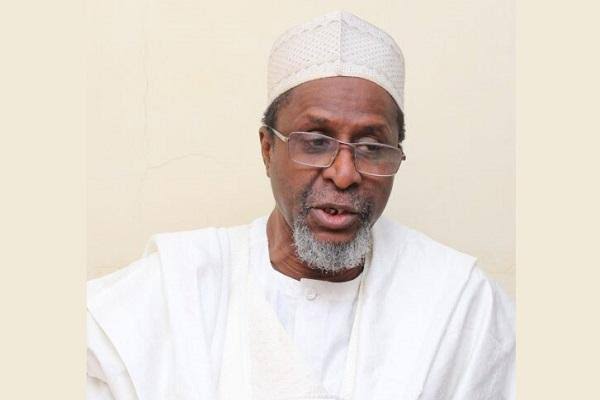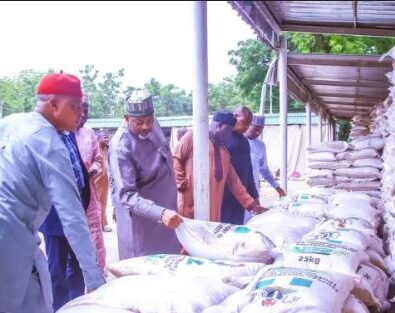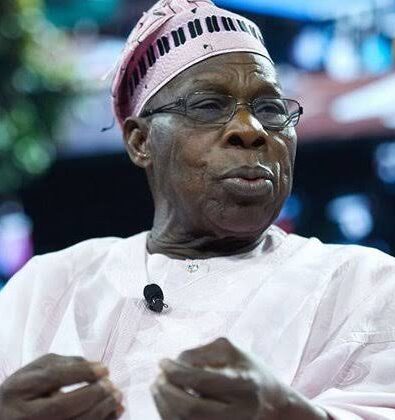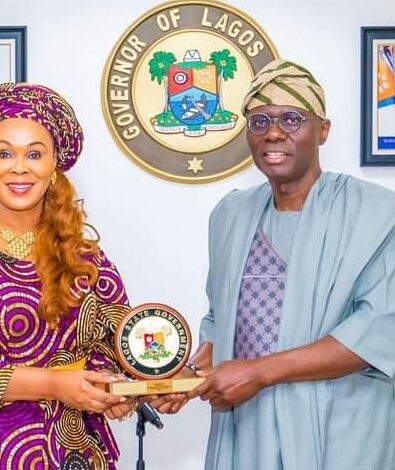Environment Minister Calls for Swift, Decisive Measures to Mitigate Impacts of Climate Change

Malam Balarabe Lawal, the Minister of Environment, emphasized the urgency of taking quick and decisive measures to address the negative impacts of climate change.
Speaking at the 17th Council of Environment meeting in Abuja on Wednesday, the minister highlighted the pressing need for action.
He expressed concern over the threats posed by climate change to ecosystems, livelihoods, and biodiversity. Additionally, he pointed out that environmental degradation disproportionately affects marginalized communities, leading to increased inequalities and perpetuation of social injustices.
Lawal said: “We must redouble our efforts to mitigate greenhouse gas emissions, embrace renewable energy solutions, and foster sustainable practices across all sectors.
“Mobilising more financial inflow for environmental sustainability is essential because it allows for the allocation of resources towards projects and initiatives aimed at protecting and preserving the environment.
“As we are all aware, environment financing is capital intensive, to mobilise more financial inflow for environmental sustainability there is the need to implore innovative financing mechanisms, such as Green Bonds, Carbon Pricing, and Public-Private Partnerships,” noting that this will help in generating the resources needed for effective environmental protection and conservation efforts.
The minister added: “I therefore urge members of this council to intensify exploration and implementation of financing mechanisms at their disposal.
“As we convene amidst pressing global challenges, from climate change to biodiversity loss, our duty as custodians of the environment has never been more paramount.
“Each decision we make within these walls reverberates far beyond, shaping the health and sustainability of our planet for generations to come.”
“Our nation stands at a critical juncture, where the urgency to act boldly on environmental issues is undeniable. As guardians of biodiversity, we must safeguard our precious ecosystems from degradation and exploitation,” he urged.
On his part, Minister of State for Environment, Iziaq Salako, in an address of welcome stated that the need to galvanise more financial windows for environmental sustainability efforts is not just an aspiration but a commitment that would define our era.
He said: “In our drive to build a sustainable future for our generation and the ones yet unborn, mobilising funding for climate and environmental actions is a core imperative.
“In doing this, we need to emphasise our areas of comparative advantages and present such to the global community as our contribution to addressing the triple planetary crisis of climate change, biodiversity loss and pollution.
“The global north, who are the greatest contributor to the environmental challenges being faced by the world, is offering us all kinds of technologies, some of them controversial as the solution to the crisis.”
He tasked stakeholders not to lose touch with nature based solutions that offer natural advantages and possess a higher potential to reduce capital flight and improve the livelihoods of the people.
He noted that: “The Federal Ministry of Environment at COP 28 in Dubai December 2023 championed and launched the Ministerial Alliance for Ambition on Nature Finance.
Salako stressed that the launch was to give Nigeria a voice to prompt an ambition on biodiversity finance in global south countries like Nigeria, where most of the biodiversity performing critical ecosystem services for the entire world is located.
He said: “As the developed world comes around with their technologies and carbon credit schemes where they almost exclusively determine the pricing, let us also put forward our rich biodiversity worth trillion of dollars.
“Let us remain dedicated to the cause of environmental sustainability in the firm conviction that our collective efforts can pave the way for a healthier and cleaner planet earth.”
The FAO (Food and Agriculture Organisation of the United Nations) wants to help the Nigerian government manage its natural resources better, according to a representative. A senior FAO official, Tofiq Braimah, said the organization is committed to working with the government at all levels.
Braimah said the FAO can help Nigeria fulfill its climate change promises outlined in a key document. The FAO can also provide financial resources, partnerships, and technical expertise. This would help Nigeria integrate its agriculture and food production systems with its plans to protect biodiversity.
Braimah warned that climate change, deforestation, pollution, and other problems are putting a strain on Nigeria’s environment. He said these issues require immediate attention and cooperation from everyone.



